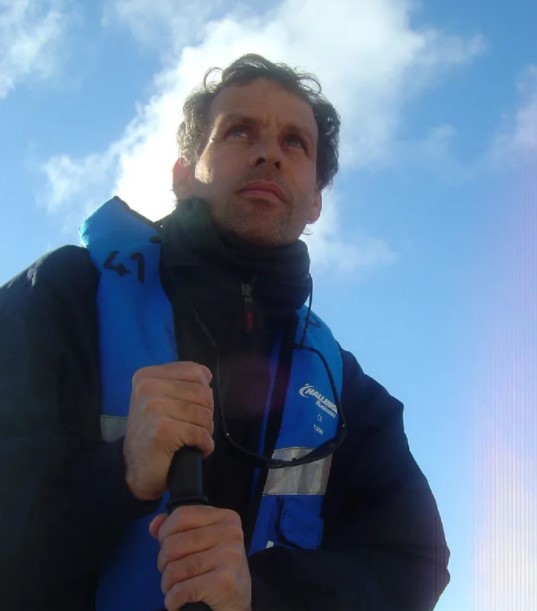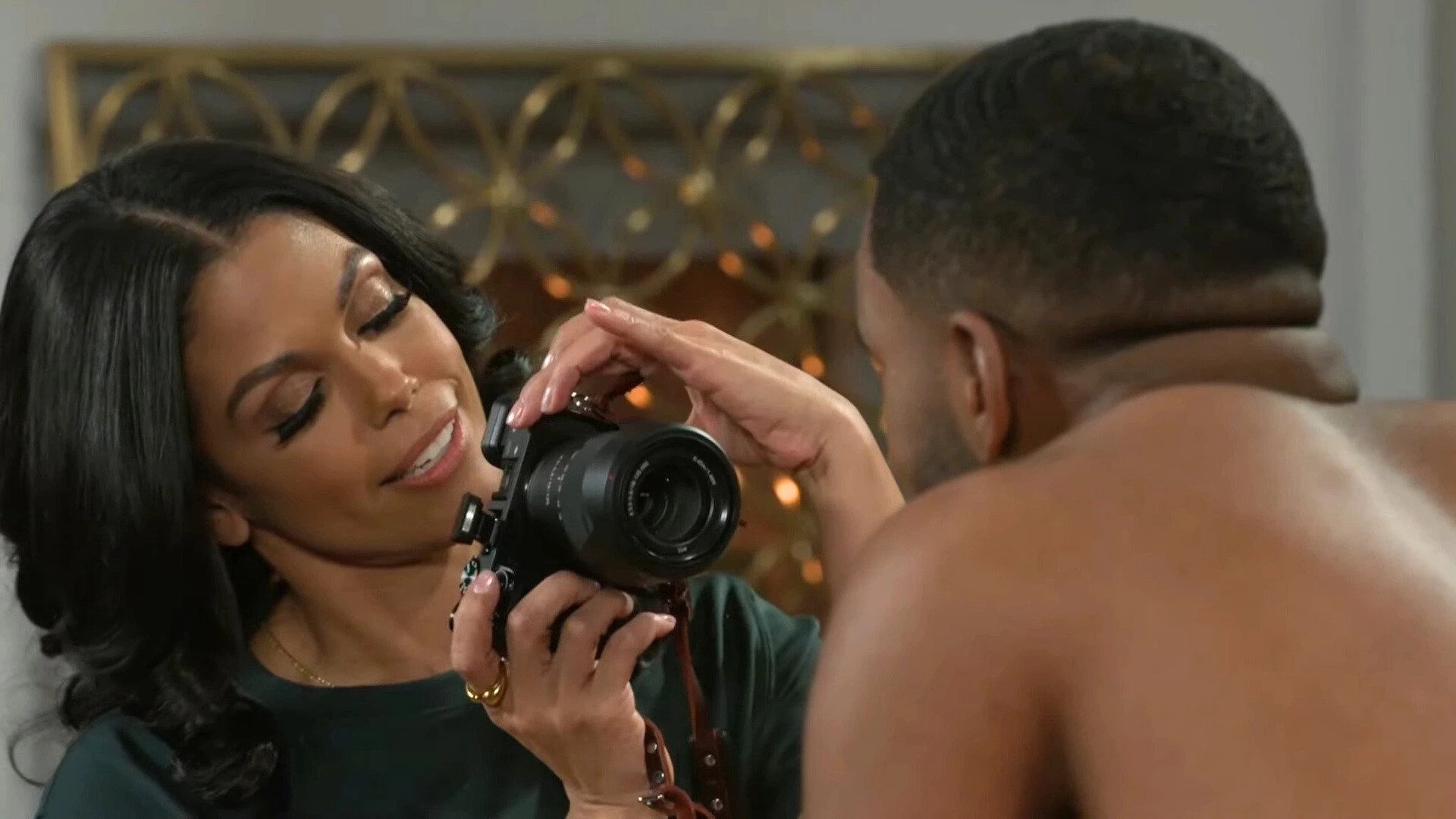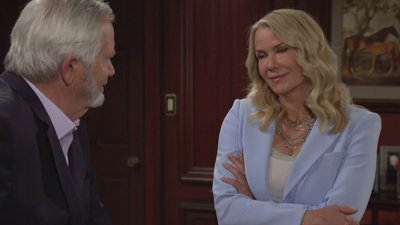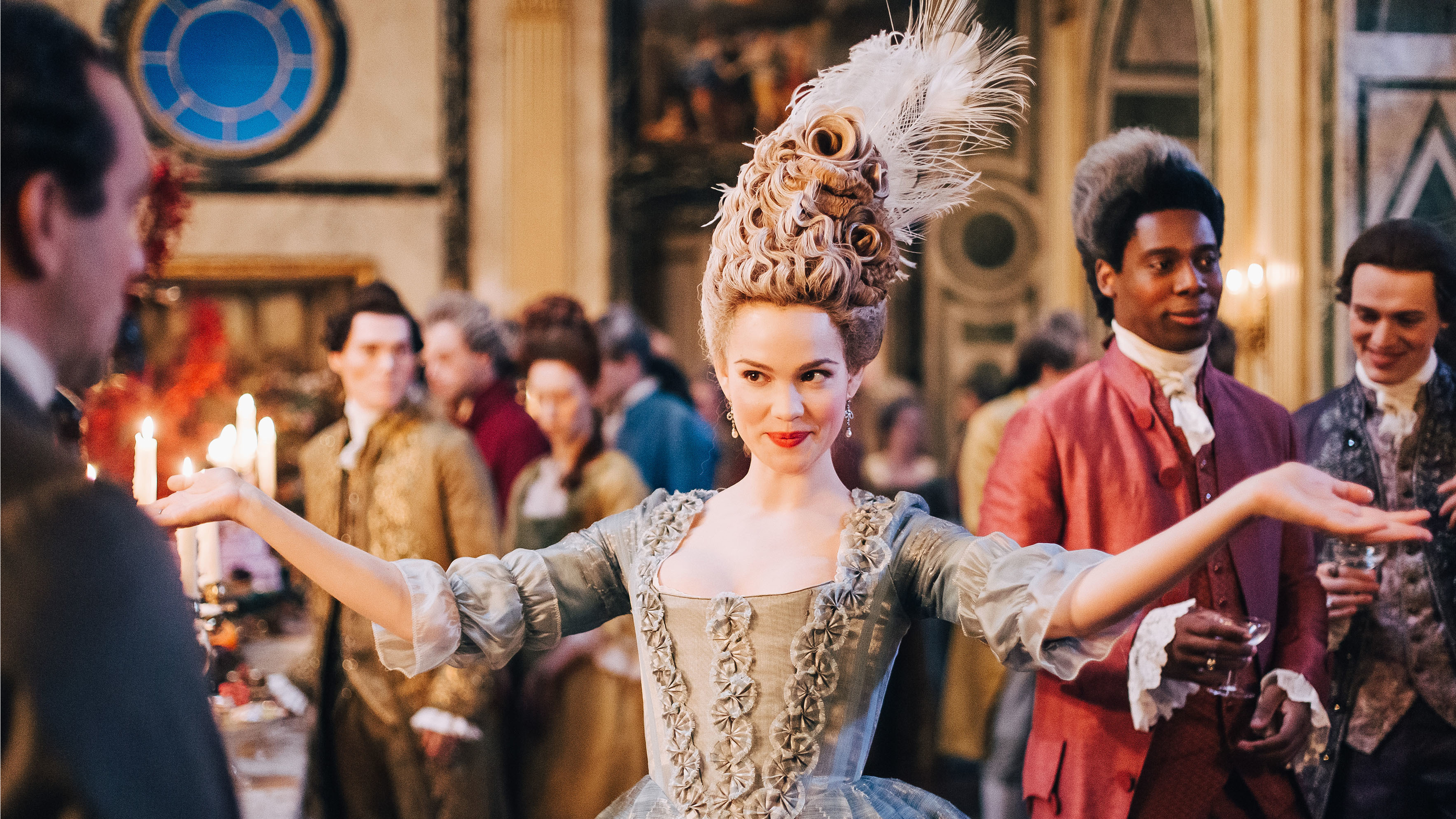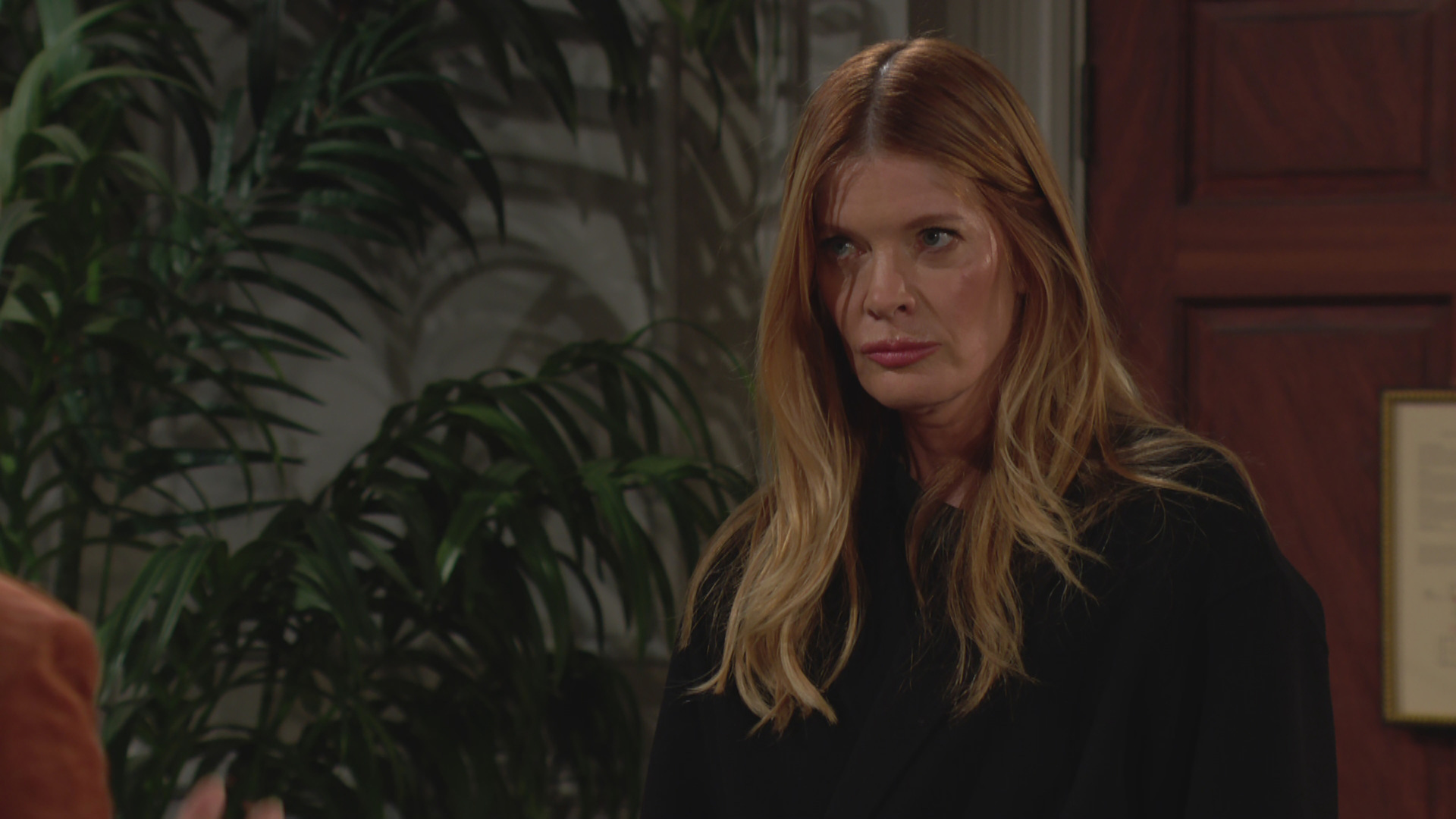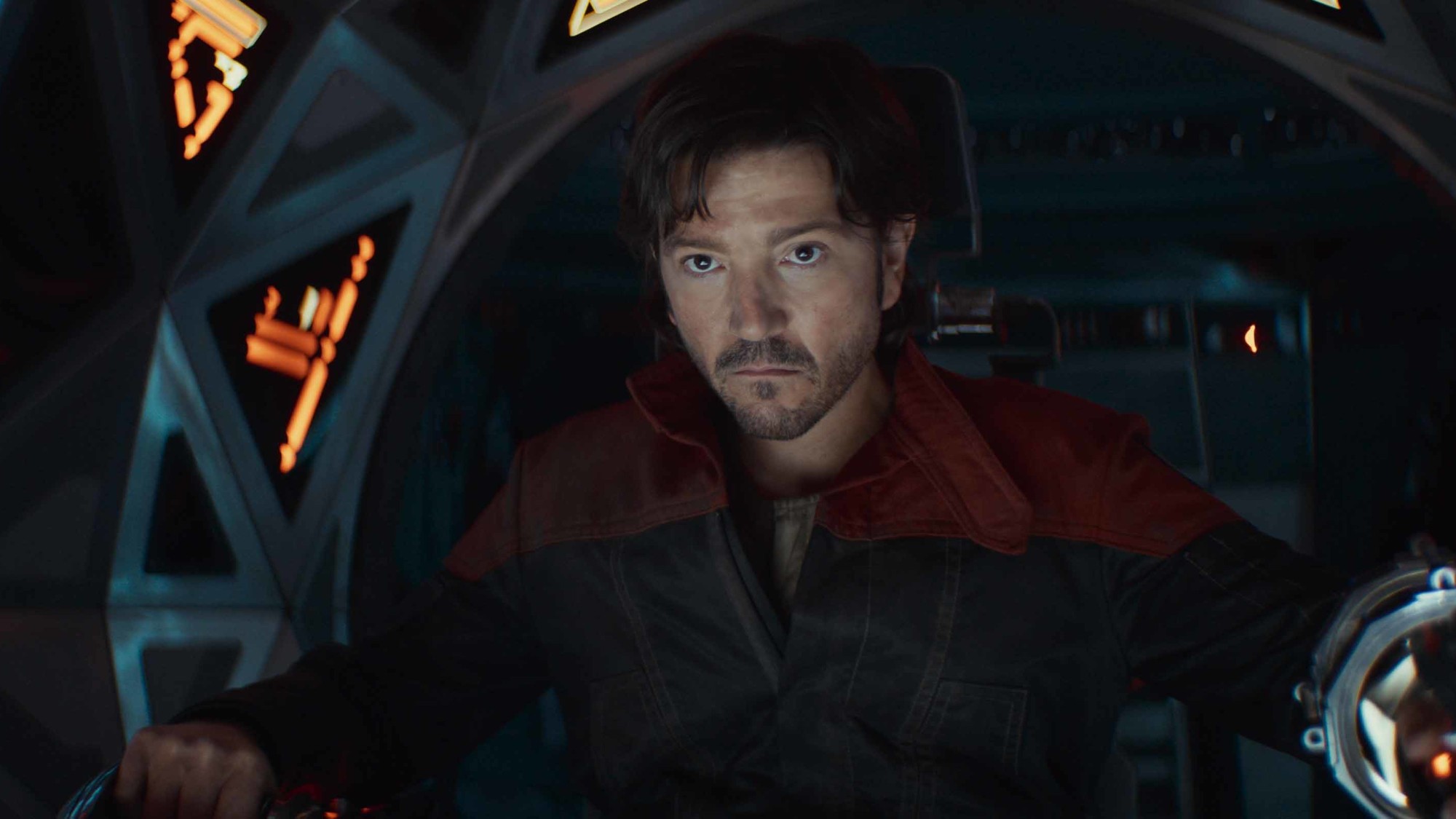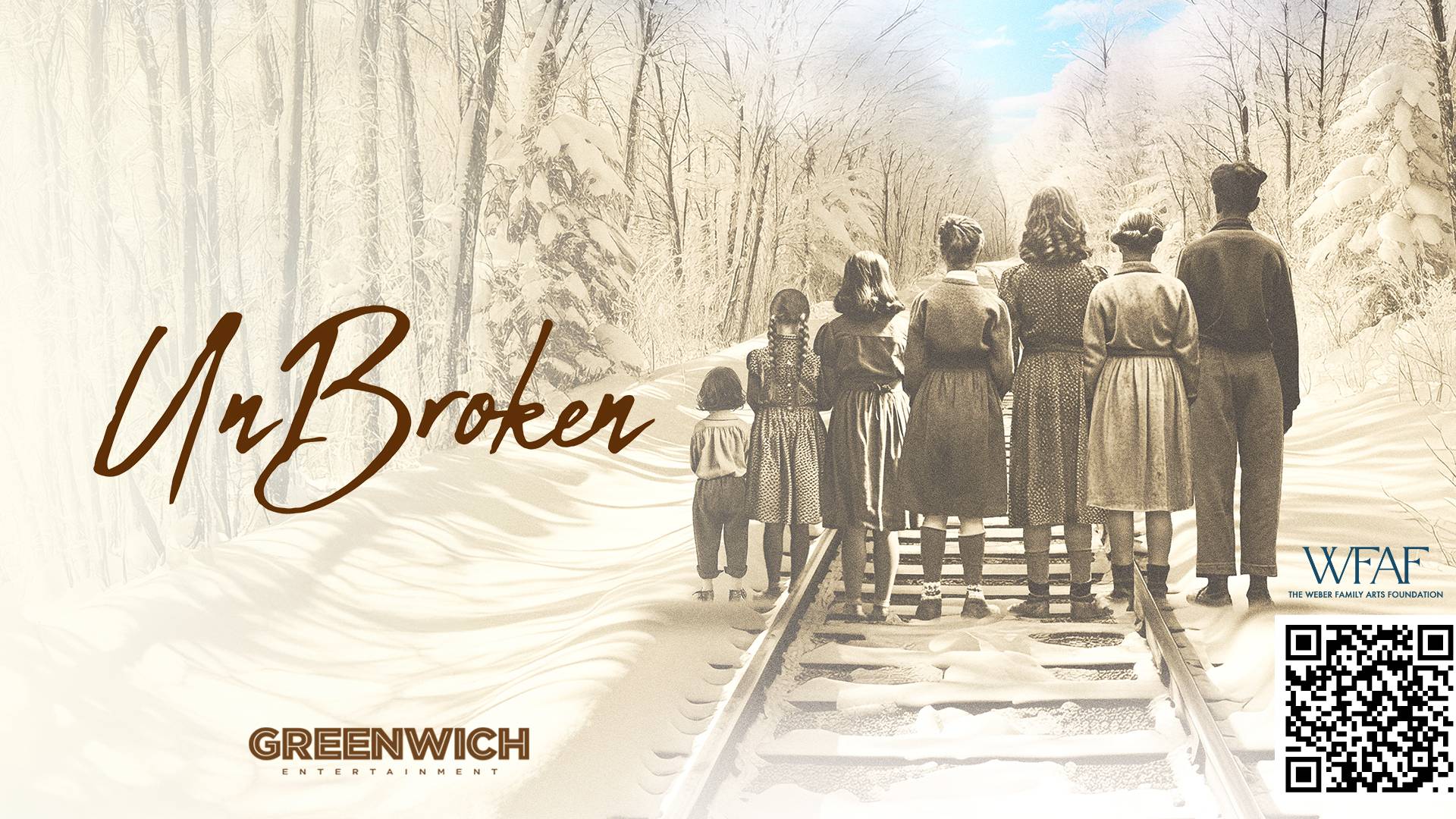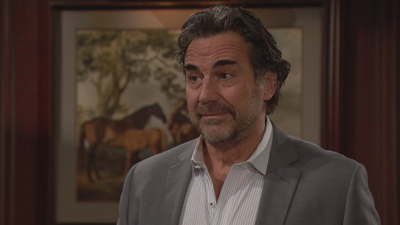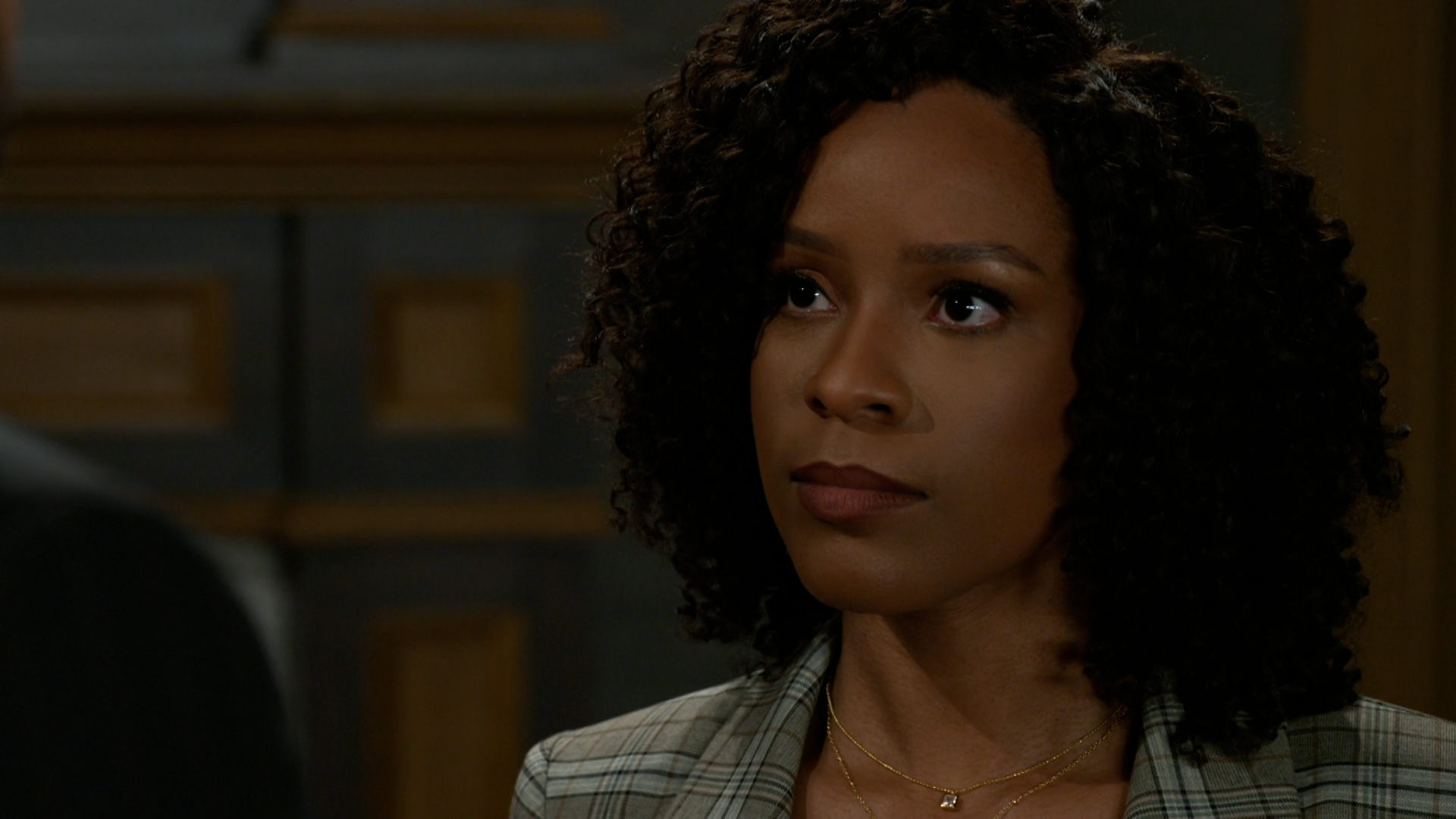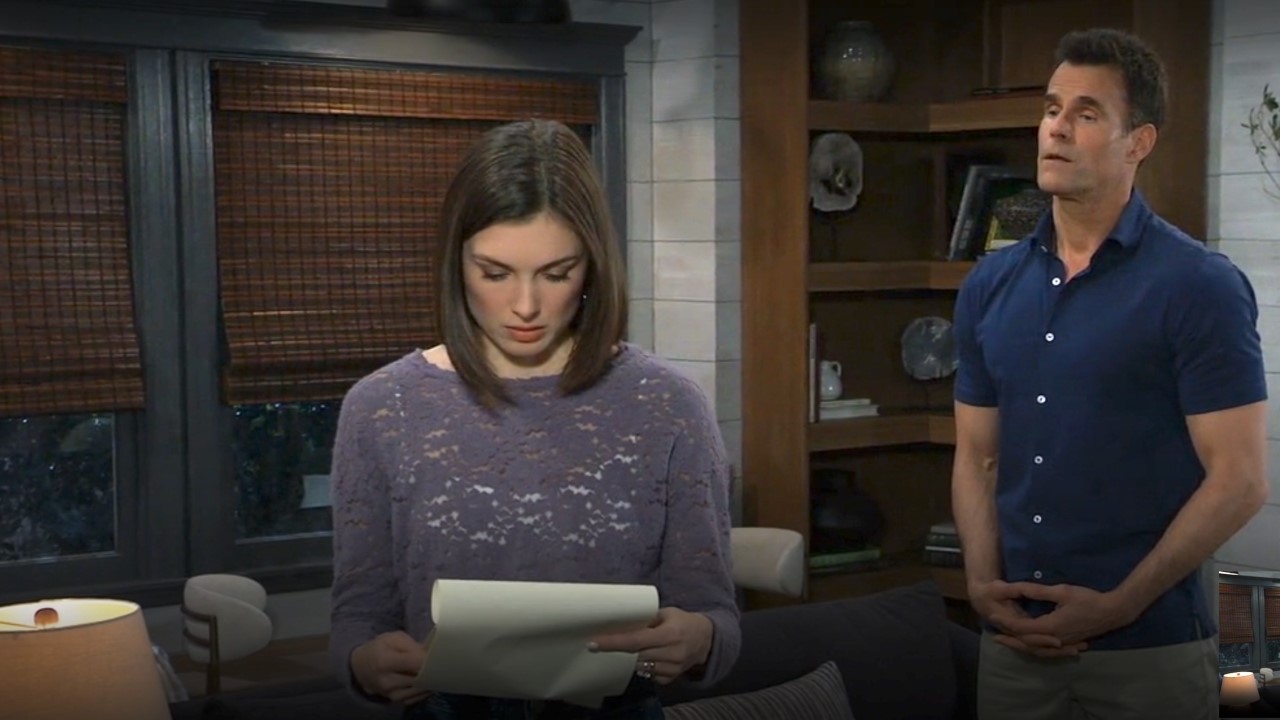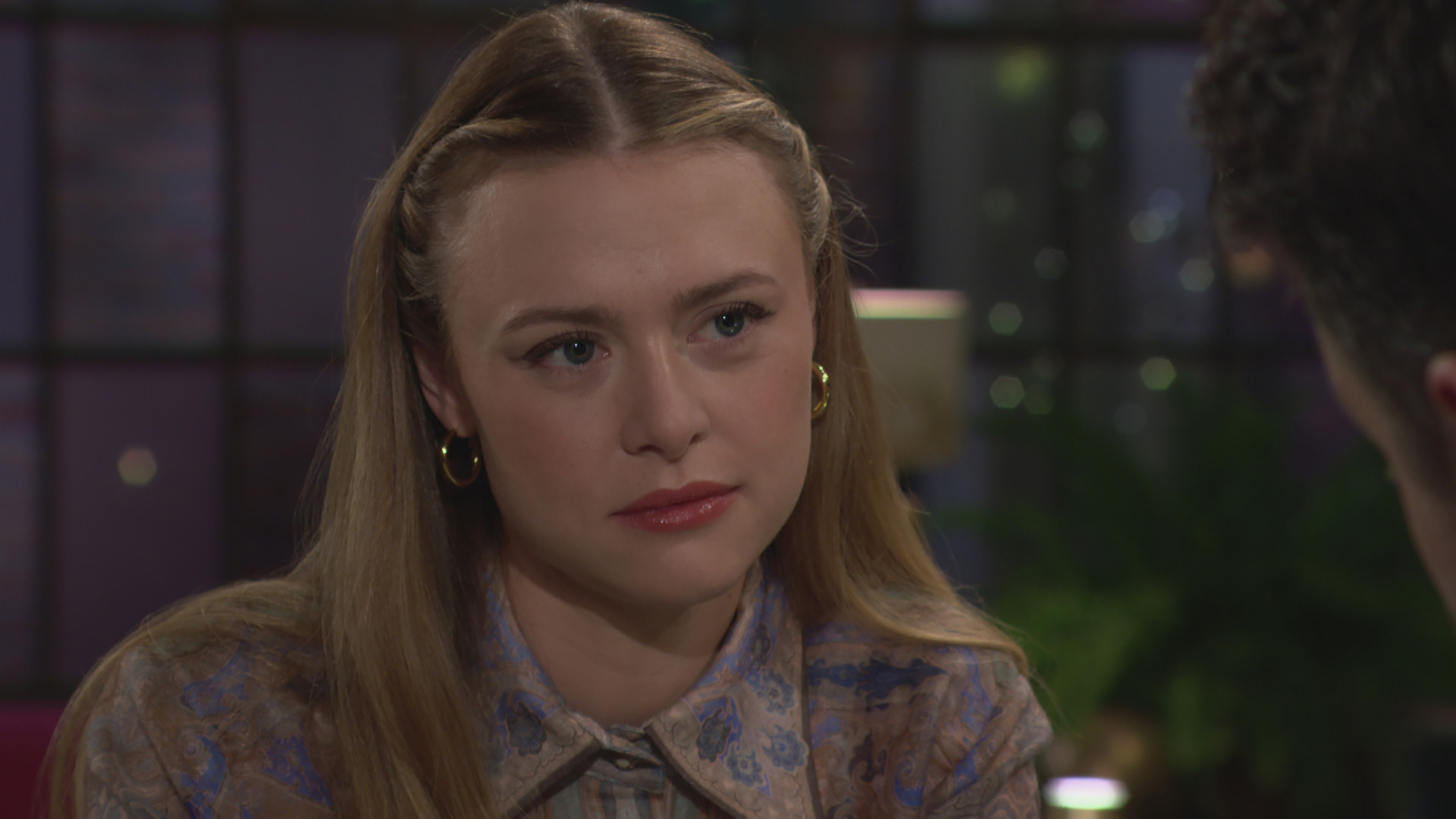The Beatles: Eight Days a Week - The Touring Years | Film review - Yeah! Yeah! Yeah!
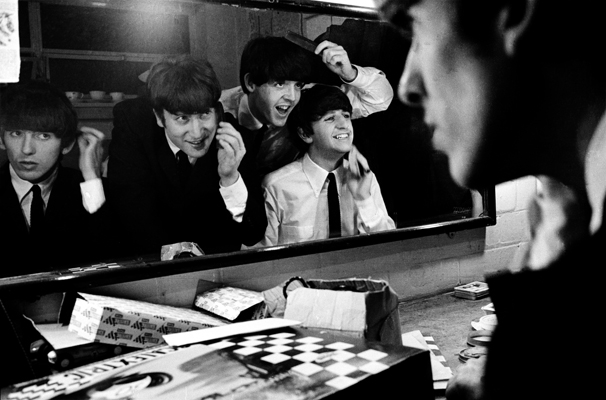
Don’t let the cumbersome title put you off. The Beatles: Eight Days a Week – The Touring Years is a terrific movie.
For fans, Ron Howard’s music documentary delivers an exhilarating rush of 60s nostalgia. For newcomers, it’s a stimulating cultural primer, a delightful lesson in why the Beatles really were the greatest, the most iconic and the most important band pop has ever seen.
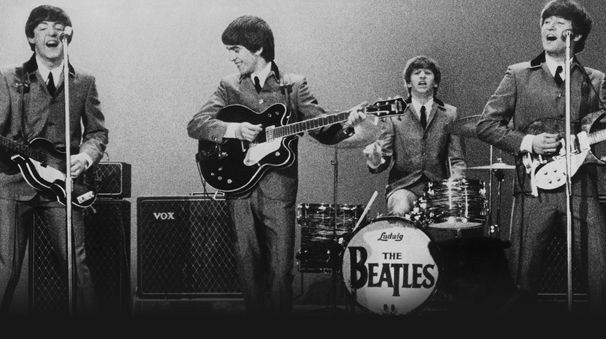
Lovingly stitched together from archive news and concert footage, fresh interviews and newly unearthed fan photos and Super 8 film, Eight Days a Week chronicles the years between the initial explosion of Beatlemania in 1963 and the band’s final public concert at San Francisco’s Candlestick Park in 1966, with their rooftop show atop the Apple building in January 1969 serving as a bittersweet coda. The film limits its scope to the Beatles as live performers - there's nothing here about the band's private lives, for example - but that doesn't mean its focus is narrow.
Eight Days a Week captures John, Paul, George and Ringo at their youthful charismatic peak: brimming with wit in their encounters with the press; bursting with energy on stage. Digitally cleaned up, the concert clips are a revelation: the Beatles were dynamite live.
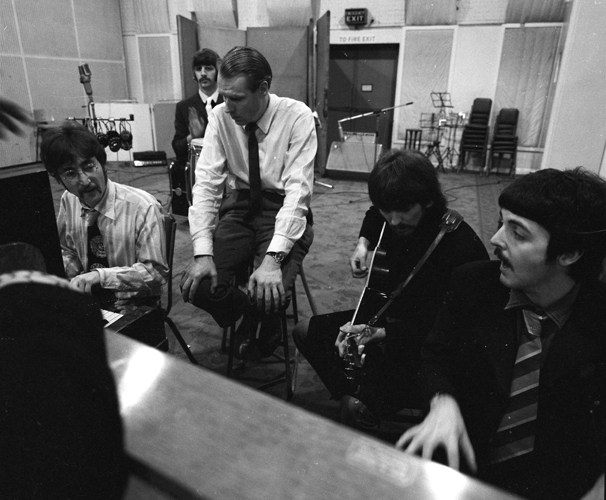
It didn’t take long, though, for the gilt to rub off for the Beatles themselves. The screaming fans and puny amplification meant that they couldn’t hear themselves play. That made touring more and more of a chore – and eventually prompted the four to pursue musical experimentation in the studio instead - but it didn’t diminish the band’s cultural impact in any way, as the film’s surprisingly eclectic mix of interview subjects reveal.
Malcolm Gladwell observes a young generation flexing its muscles for the first time – teenagers, after all, had only recently been invented. Elvis Costello, Richard Curtis and Sigourney Weaver (her 14-year-old self visible in the crowd at one of the band’s 1964 shows) reveal what the Beatles meant to them at the time (Weaver was ‘in love with John’, she recalls). Whoopi Goldberg, in the audience at 1965’s famous Shea Stadium concert, remembers feeling she could be friends with them: they weren't 'white guys, they were the Beatles'.
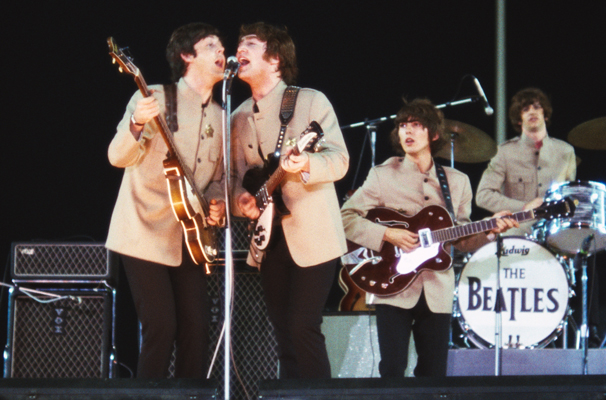
That gig, performed before 56,000 fans, invented stadium rock. A later concert, at Jacksonville, Florida, broke down racial barriers still further when the Beatles refused to perform before a segregated audience. Surviving band members Paul McCartney and Ringo Starr reveal how the band’s camaraderie made them such a formidable force. 'We always felt sorry for Elvis,' declares George Harrison in an archive clip, 'because he was on his own'. Another clip shows a famous bit of Beatles banter, an exchange that perfectly captures the young musicians' unstoppable drive and cheeky confidence:
Get the What to Watch Newsletter
The latest updates, reviews and unmissable series to watch and more!
John: Where are we going fellas? Paul, George, Ringo: To the toppermost of the poppermost.

Certificate 12A. Runtime 120 mins. Director Ron Howard
https://www.youtube.com/watch?v=0fFyZzqPDws
A film critic for over 25 years, Jason admits the job can occasionally be glamorous – sitting on a film festival jury in Portugal; hanging out with Baz Luhrmann at the Chateau Marmont; chatting with Sigourney Weaver about The Archers – but he mostly spends his time in darkened rooms watching films. He’s also written theatre and opera reviews, two guide books on Rome, and competed in a race for Yachting World, whose great wheeze it was to send a seasick film critic to write about his time on the ocean waves. But Jason is happiest on dry land with a classic screwball comedy or Hitchcock thriller.
